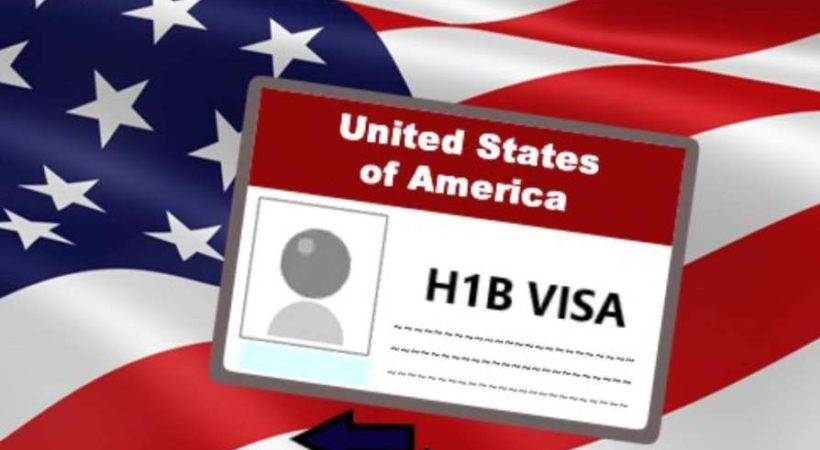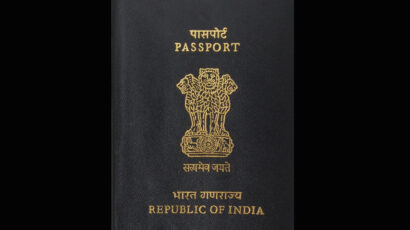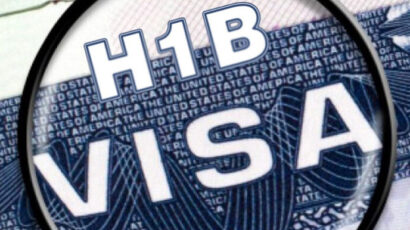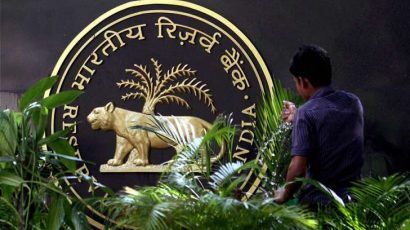New Initiative Allows H-1B Visa Renewal in the US, Eliminating Travel Requirement for Indians

The United States has recently announced a groundbreaking initiative that will enable “in-country” renewable H-1B visas, streamlining the process for Indian professionals working in the US on an H-1B visa to renew their work permits without having to travel back to India.
This development comes just ahead of the crucial bilateral meeting between Prime Minister Narendra Modi and President Joe Biden at the White House in Washington DC on Thursday, showcasing the commitment of both nations to enhance people-to-people ties.
Prior to 2004, certain categories of non-immigrant visas, including the highly sought-after H-1B visa, could be renewed or stamped within the US itself. However, since 2004, foreign tech workers, including those with H-1B visas, have been required to leave the US, often returning to their home country, to obtain the H-1B extension stamped on their passports.
Typically issued for three years at a time, H-1B visas necessitate visa holders to have their passports stamped with renewal dates when their visas are extended. This stamping is crucial for those wishing to travel outside of the US and re-enter. Presently, H-1B visa restamping can only be performed at any US consulate outside the country. This requirement has posed significant challenges for foreign guest workers and their employers, particularly considering the current visa wait time, which exceeds 800 days or over two years.
Recognizing the inconveniences faced by H-1B visa holders, the US visa office has taken a proactive step to address the issue. The US Department of State will launch a pilot program later this year to adjudicate domestic renewals of certain petition-based temporary work visas, including those for Indian nationals. This initiative aims to expand the pool of H-1B and L visa holders eligible for in-country renewals, effectively eliminating the need for travel to India.
This development will undoubtedly be welcomed by Indian professionals working in the US, as it not only eases the renewal process but also reduces the time and financial burden associated with international travel. Furthermore, it aligns with the growing trend of Indian students studying in the United States, as evidenced by the record-breaking issuance of 125,000 visas to Indian students last year. This surge in Indian students choosing US educational institutions positions them to become the largest foreign student community in the country, with a remarkable 20% increase in numbers in the past year alone.
The introduction of the in-country renewal program for H-1B visas is an important milestone in strengthening the US-India relationship and promoting greater collaboration in the fields of education and employment. It is expected that this initiative will eventually encompass other eligible visa categories, further enhancing opportunities for foreign workers in the US.















